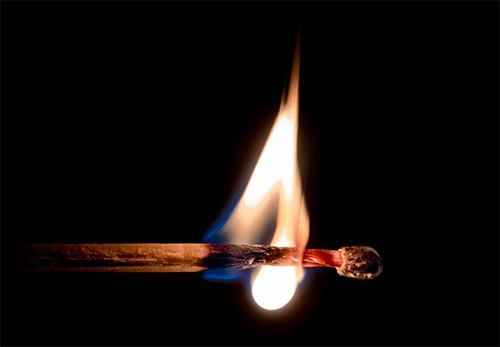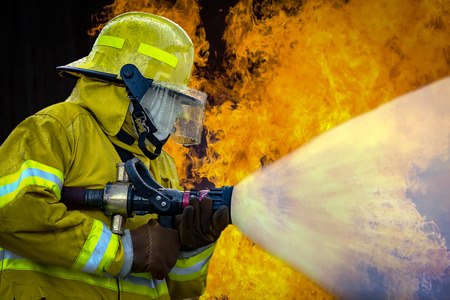Children may start to play with fire for a variety of reasons, ranging from natural curiosity to attention-seeking.
Why should I be concerned?
Without help and guidance, juvenile firesetting behaviour can continue into adulthood and lead to more serious consequences, such as serious personal injury and damage to homes, schools and property.
What are the signs of regular firesetting?
- small burn holes in carpets
- charred paper in sinks or wastebaskets
- matches or lighters hidden in your child’s cupboards and drawers, or under their bed
- an unusual fascination with fire
- unexplained fires in your home
This behaviour should never be ignored – do not be afraid to seek help. Contact us for advice.
Advice for concerned parents / guardians
- never leave a child alone in the house, even for small periods of time
- make sure matches and lighters are locked away and out of reach of children and young people. Consider using child-proof boxes for matches and lighters if you feel they are needed
- talk to your child about fire and explain how dangerous it can be. Discuss the different safe uses for fire such as candles for birthday cakes and coal fires for heating
- carry out regular checks for signs of firesetting. Search for lighters and / or matches in bedrooms and schoolbags
- keep garages and garden sheds locked to prevent access to flammable items and materials
- try to keep the home free of any items that could be set alight, such as newspapers or magazines
- make sure your home is fitted with working smoke detectors and make a fire escape plan. Further advice on smoke alarms and escape plans can be obtained by requesting a home fire safety visit.


